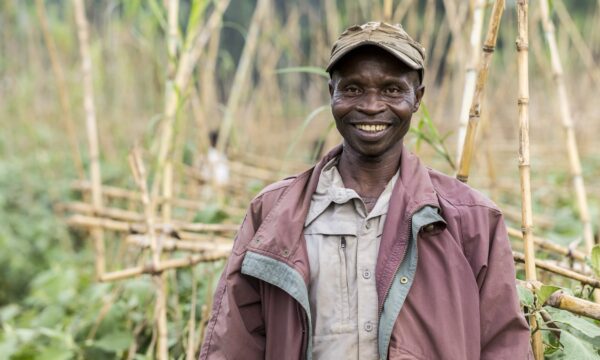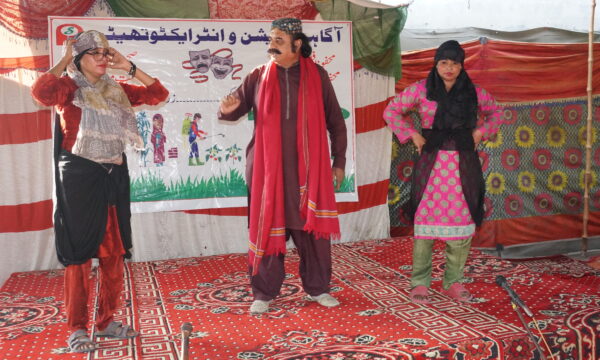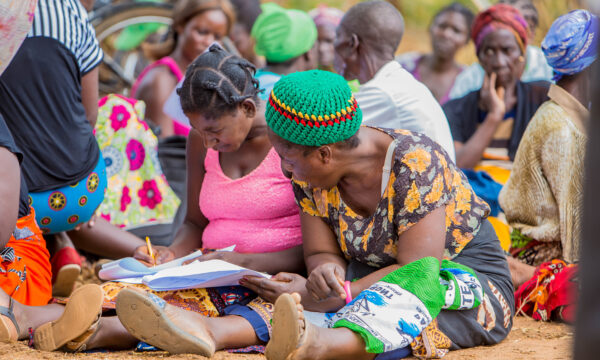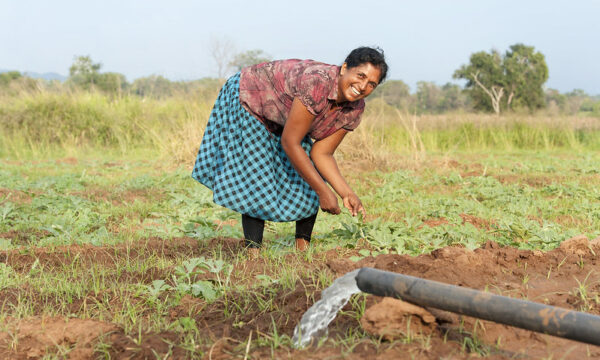By Jemimah Njuki. Reblogged from devex.

The African Women in Agricultural Research and Development is a career-development program that equips the top women agricultural scientists across sub-Saharan Africa. Photo by: AWARD
“I would like to see the scientist working on beans; do you know where I can find him?” I got asked this question more times that I could count.
As a young female African researcher working in Malawi for an international agriculture research organization, my office was the first in a long corridor of offices where we were hosted by the National Research Organization. In the eyes of the regular visitors to the office, I did not fit the image of an agricultural scientist.
A recent study by the International Food Policy Research Institute shows that in 2014, only 24 percent of researchers working in the agricultural sciences were women, and only 17 percent of those in leadership positions were women in a sample of 40 sub-Saharan African countries. This matters because the evidence shows that better jobs for women in agriculture leads to higher wages and greater decision making — which ultimately has a positive impact on the ways households spend money on children’s nutrition, health, and education. Having more women in agricultural research also ensures that this workforce is representative of its client base: Smallholder farmers, the majority of whom are women.
Continue reading on devex→
Related News & Blogs
Empowering women farmers through Gender Technical Working Groups
How PlantwisePlus is championing gender equality in agriculture through GTWGs Gender Technical Working Groups play a vital role in advancing equality in rural communities. Women in villages often have less access to knowledge, resources and power…
23 May 2025




